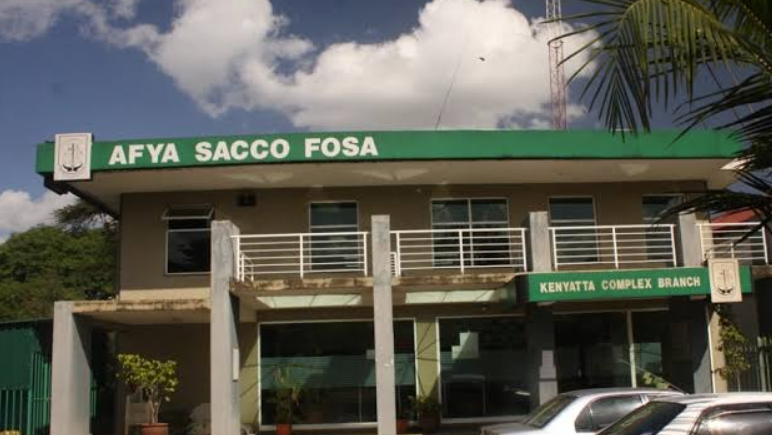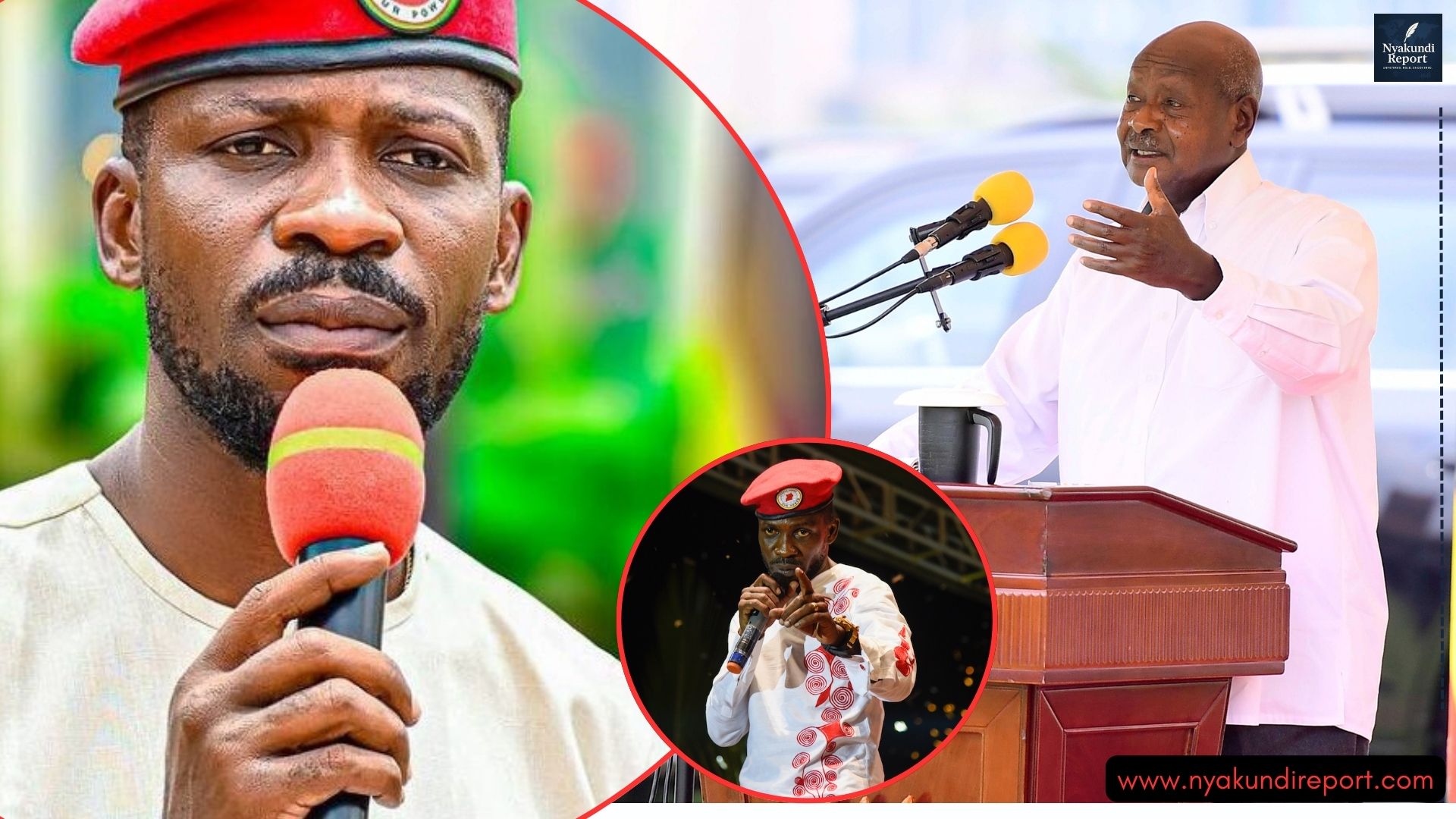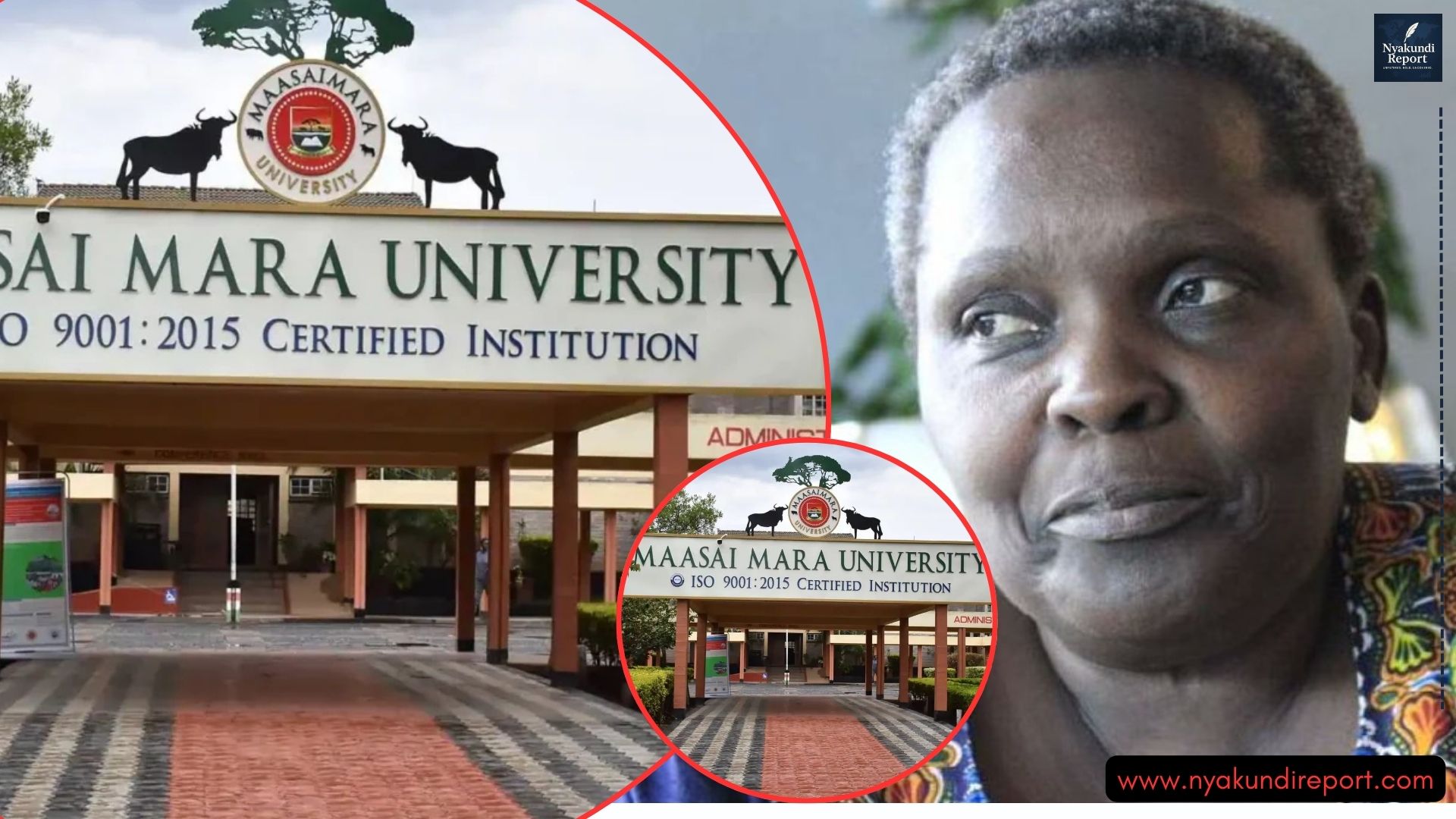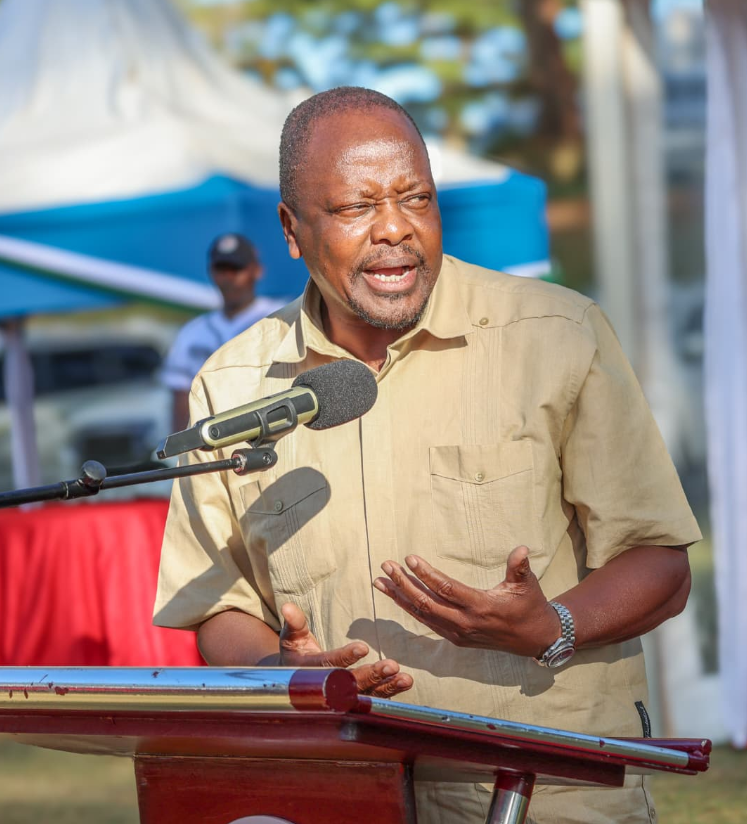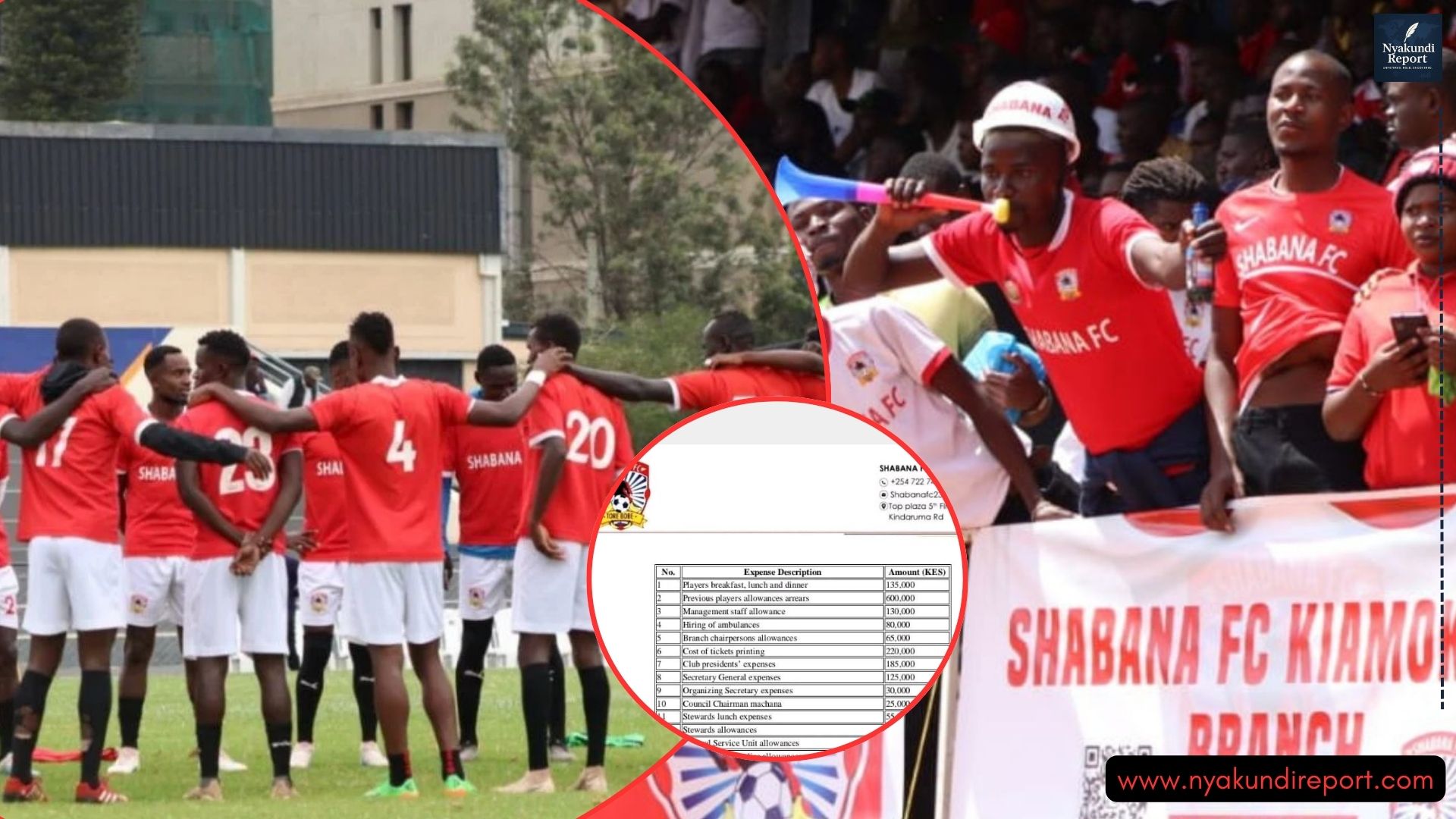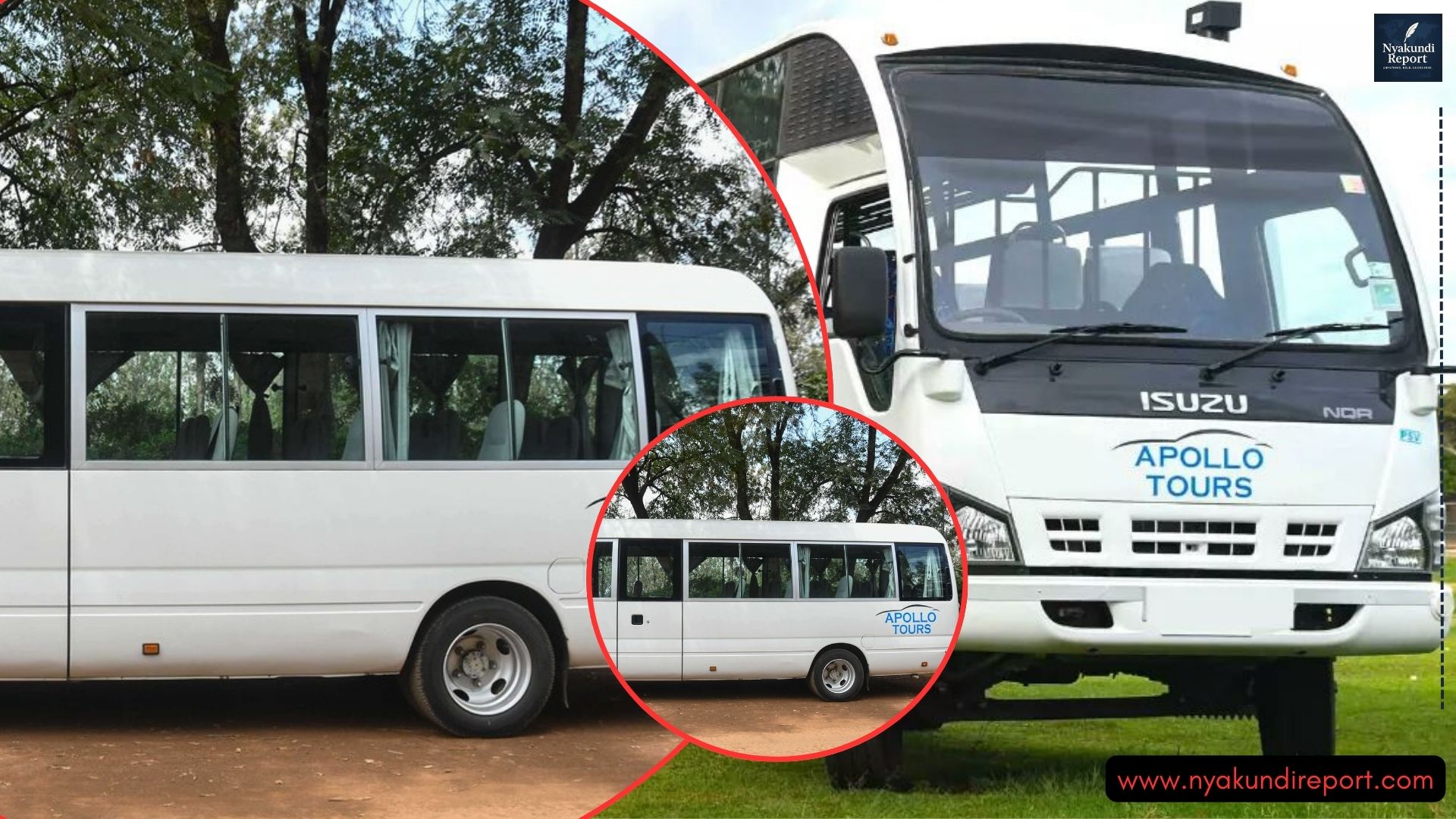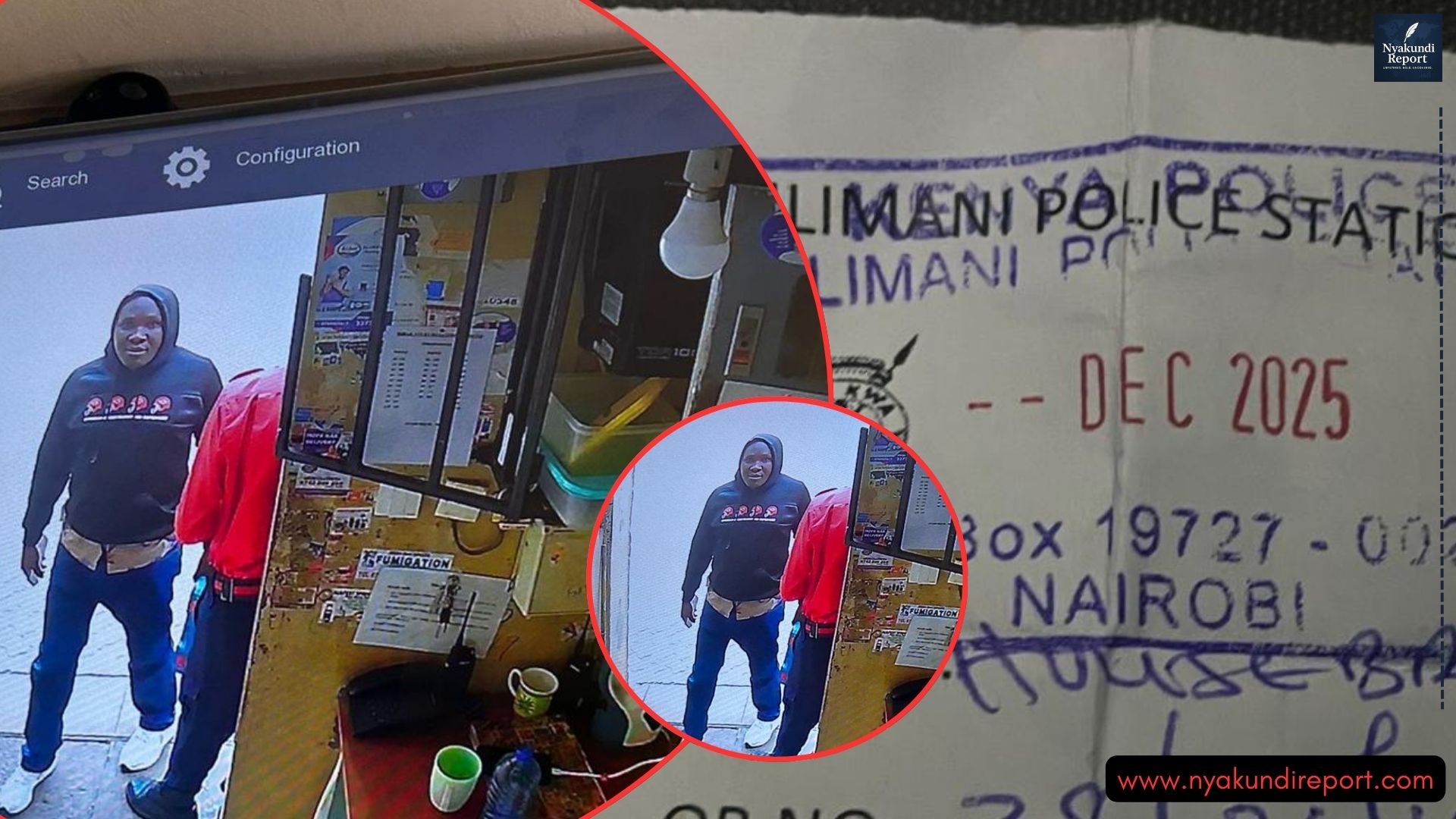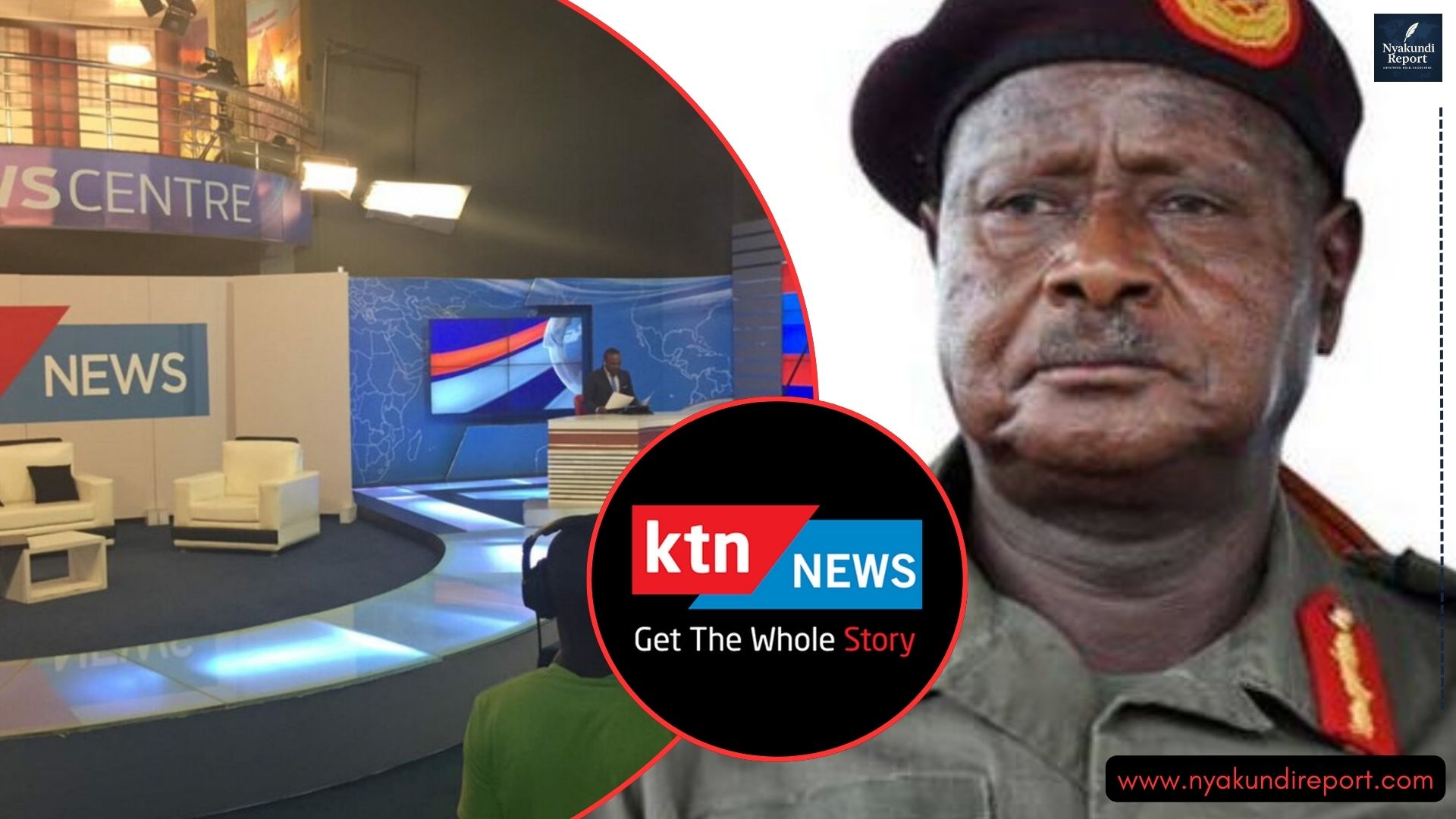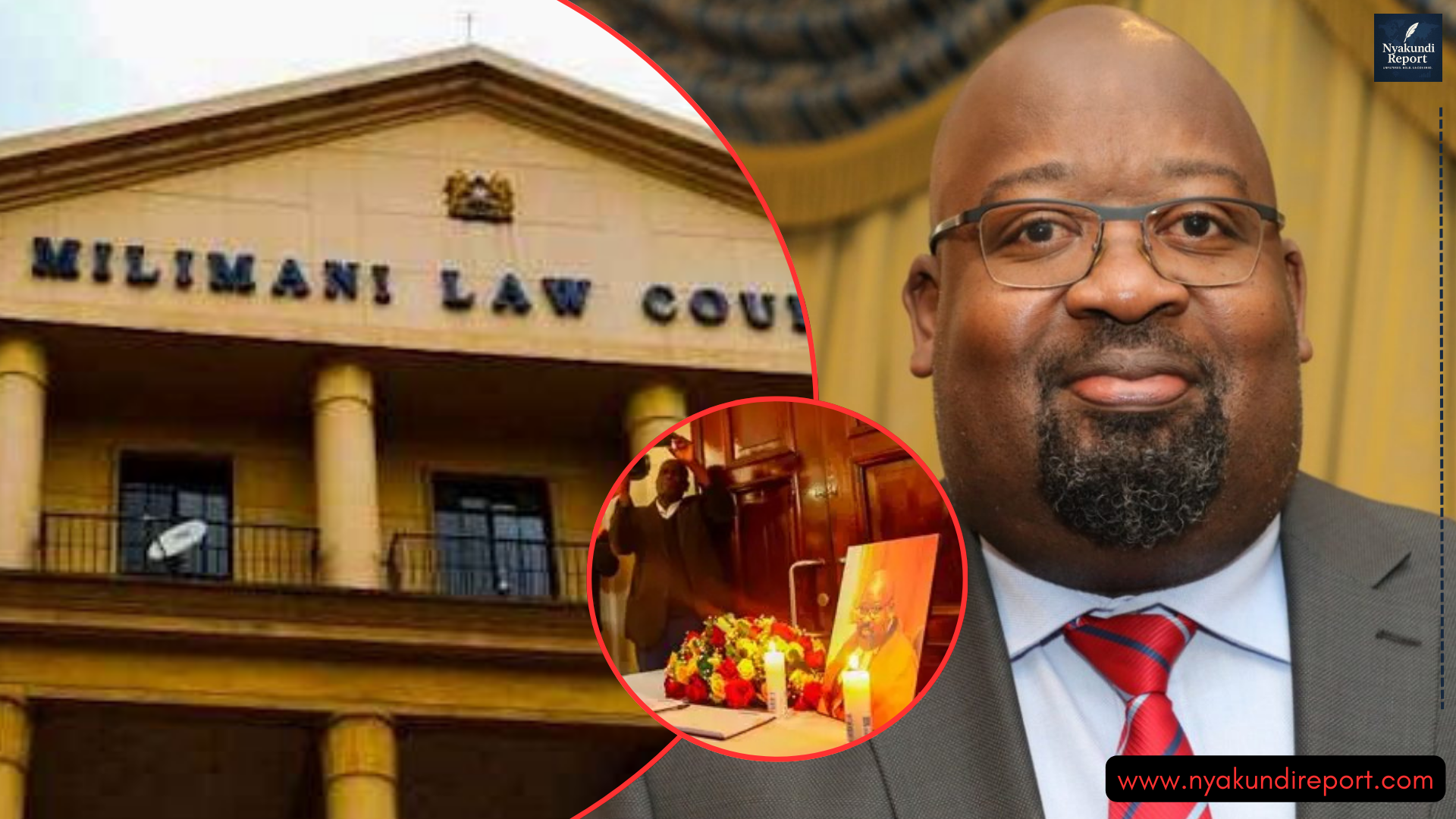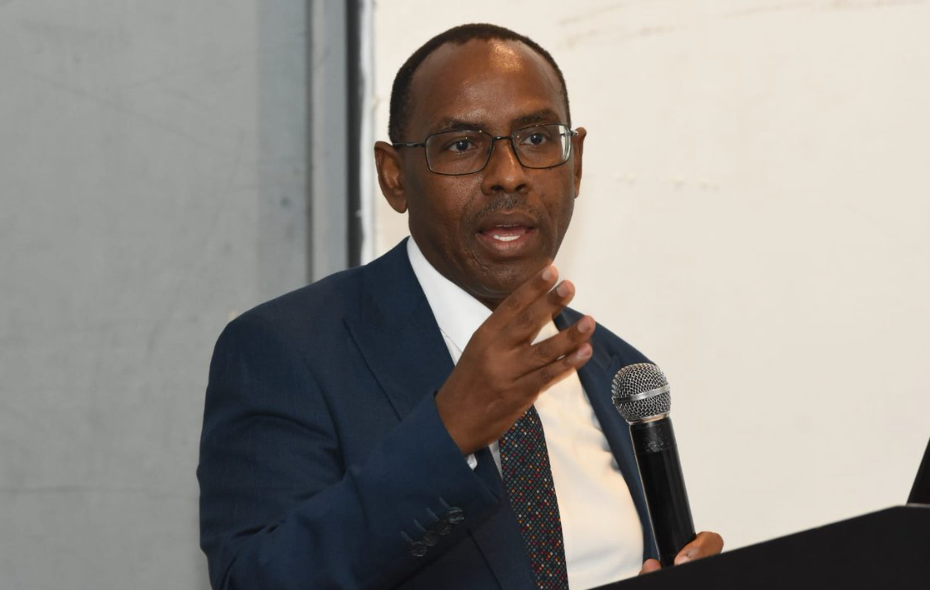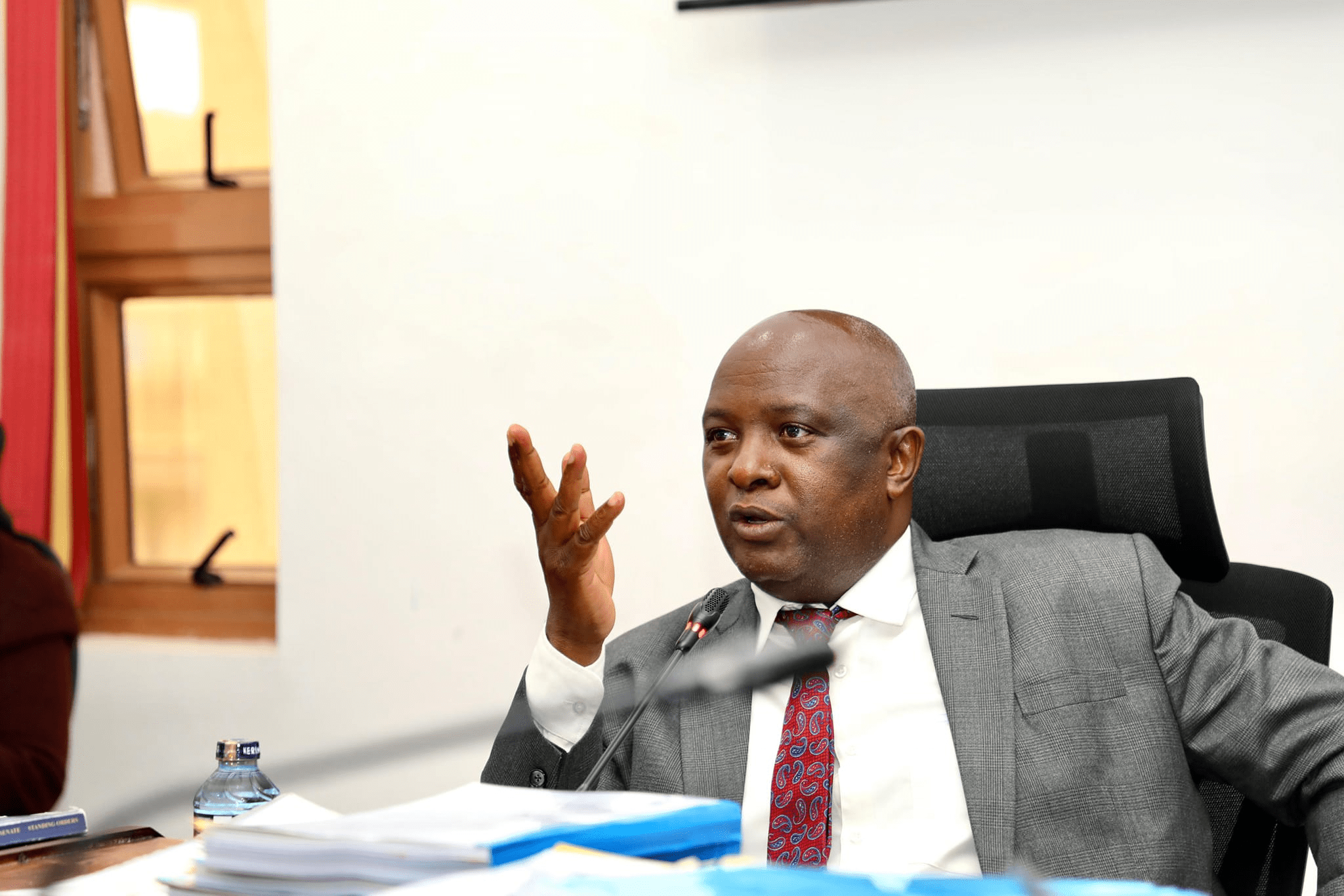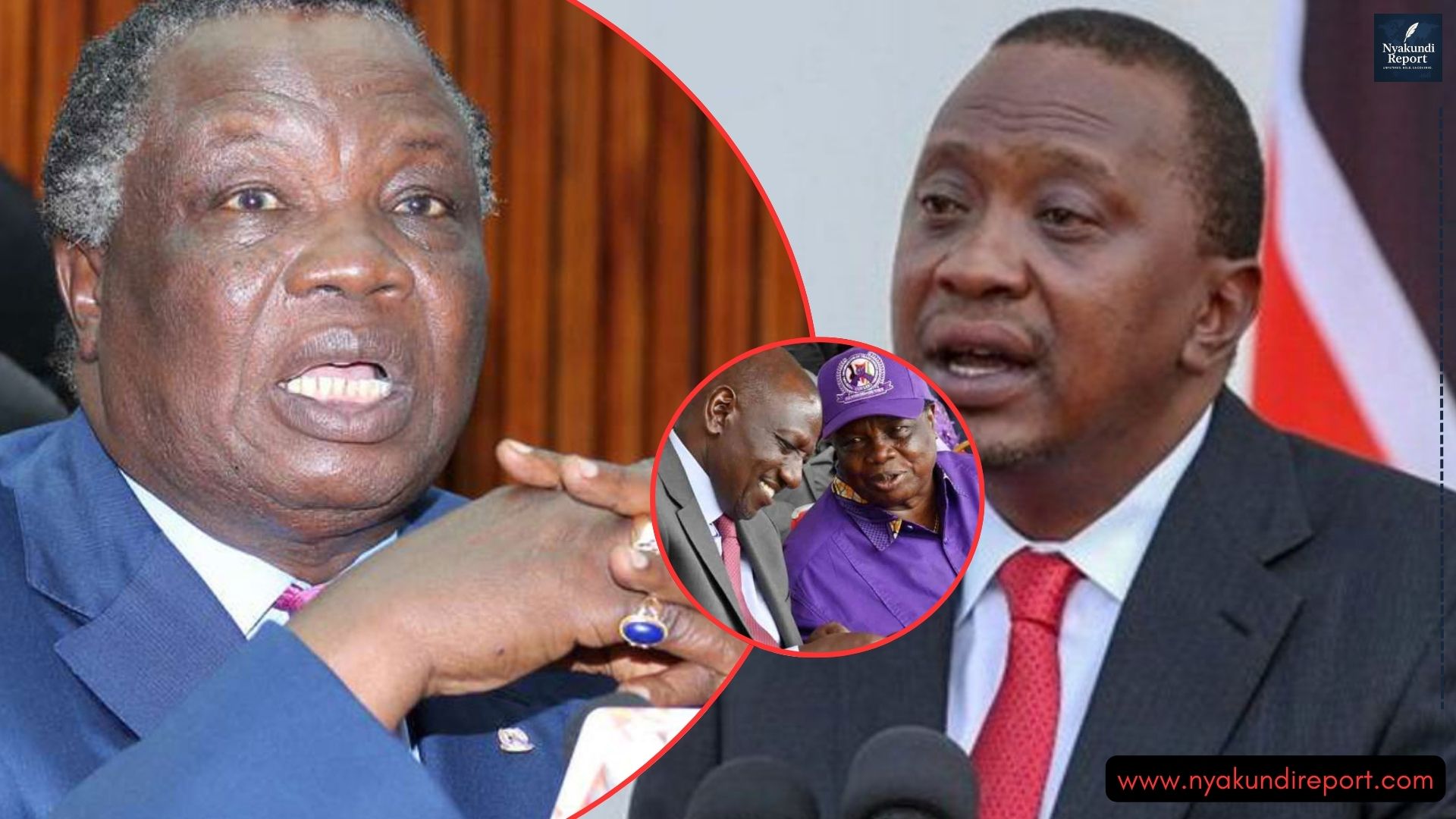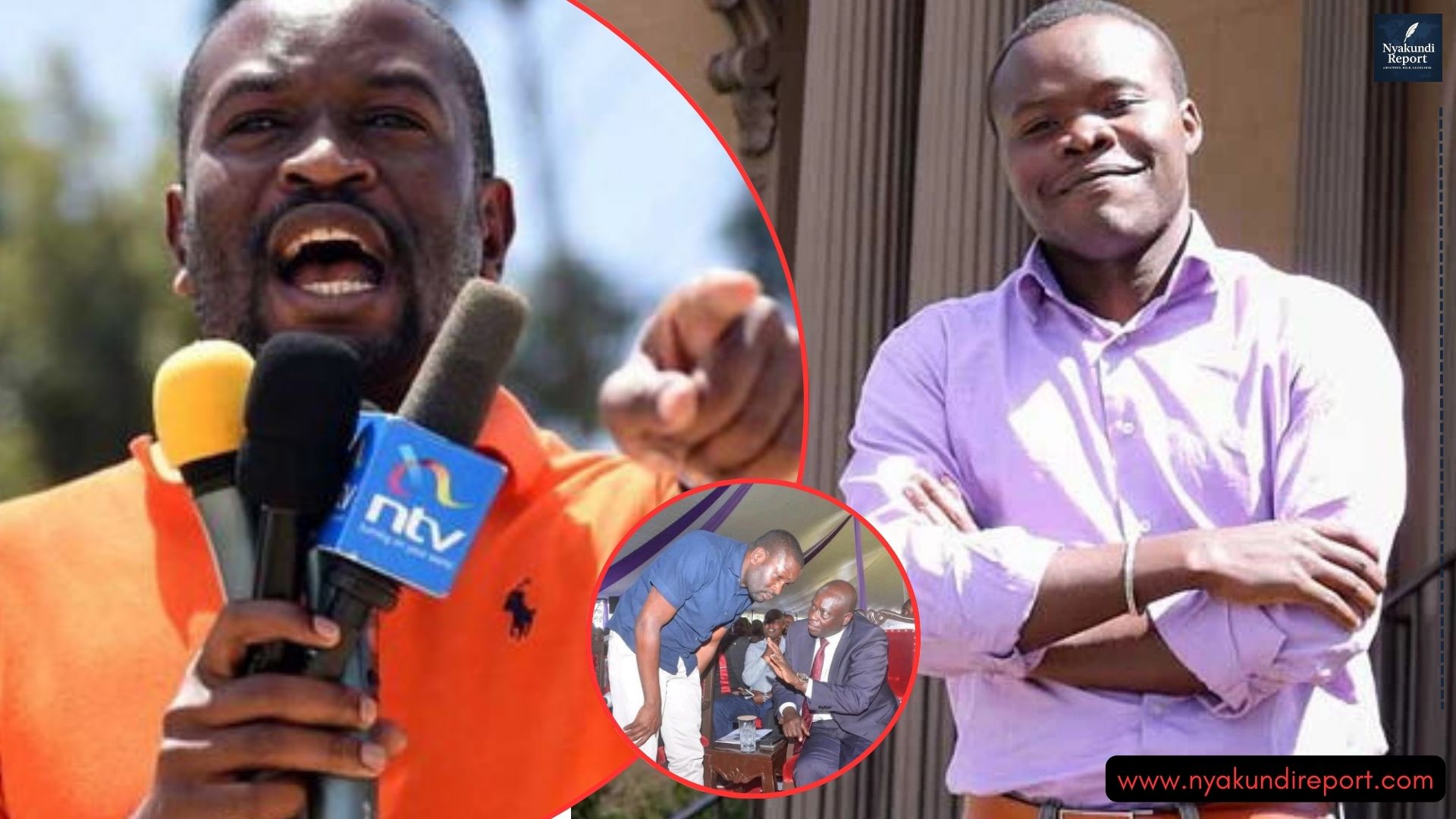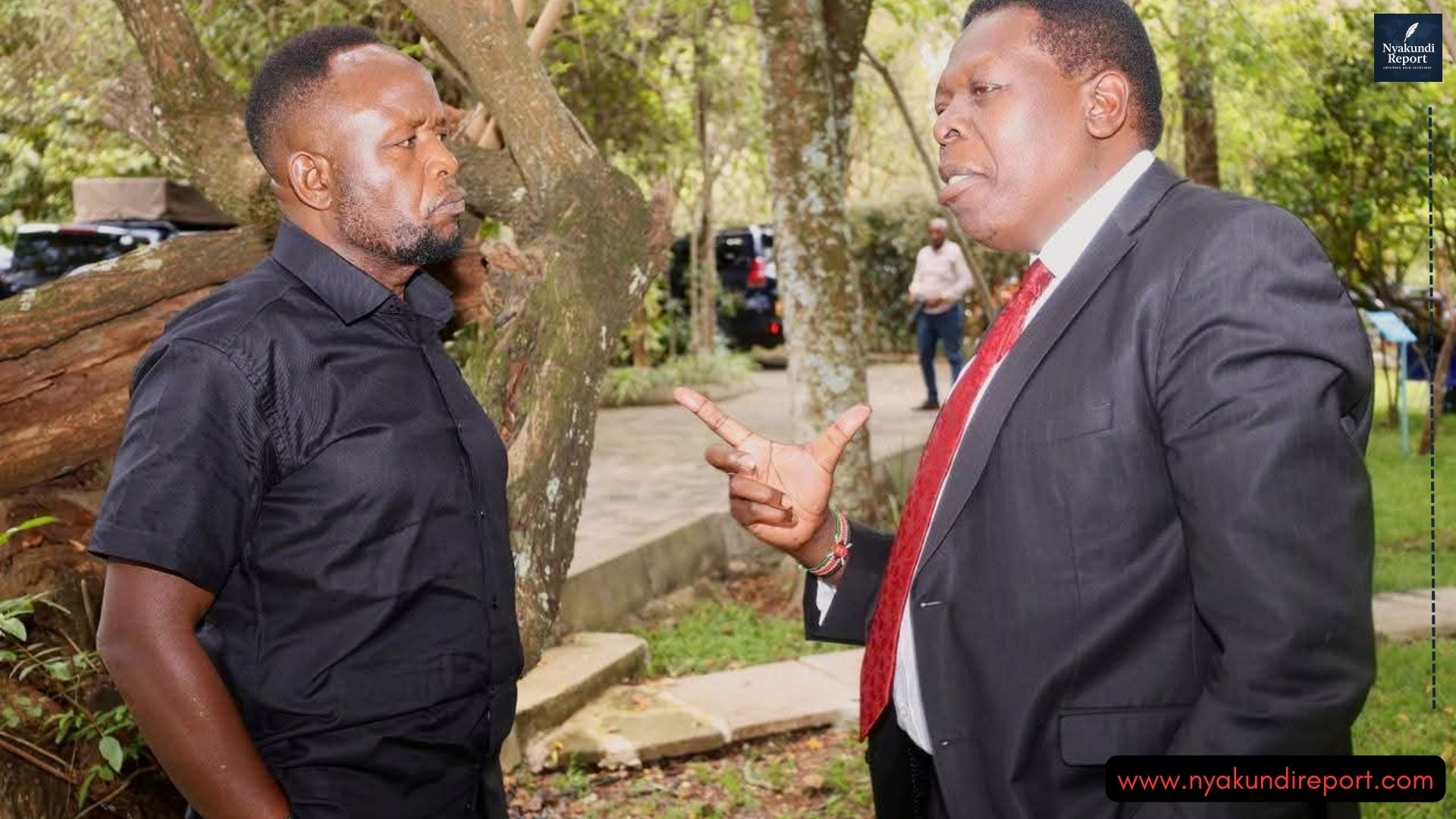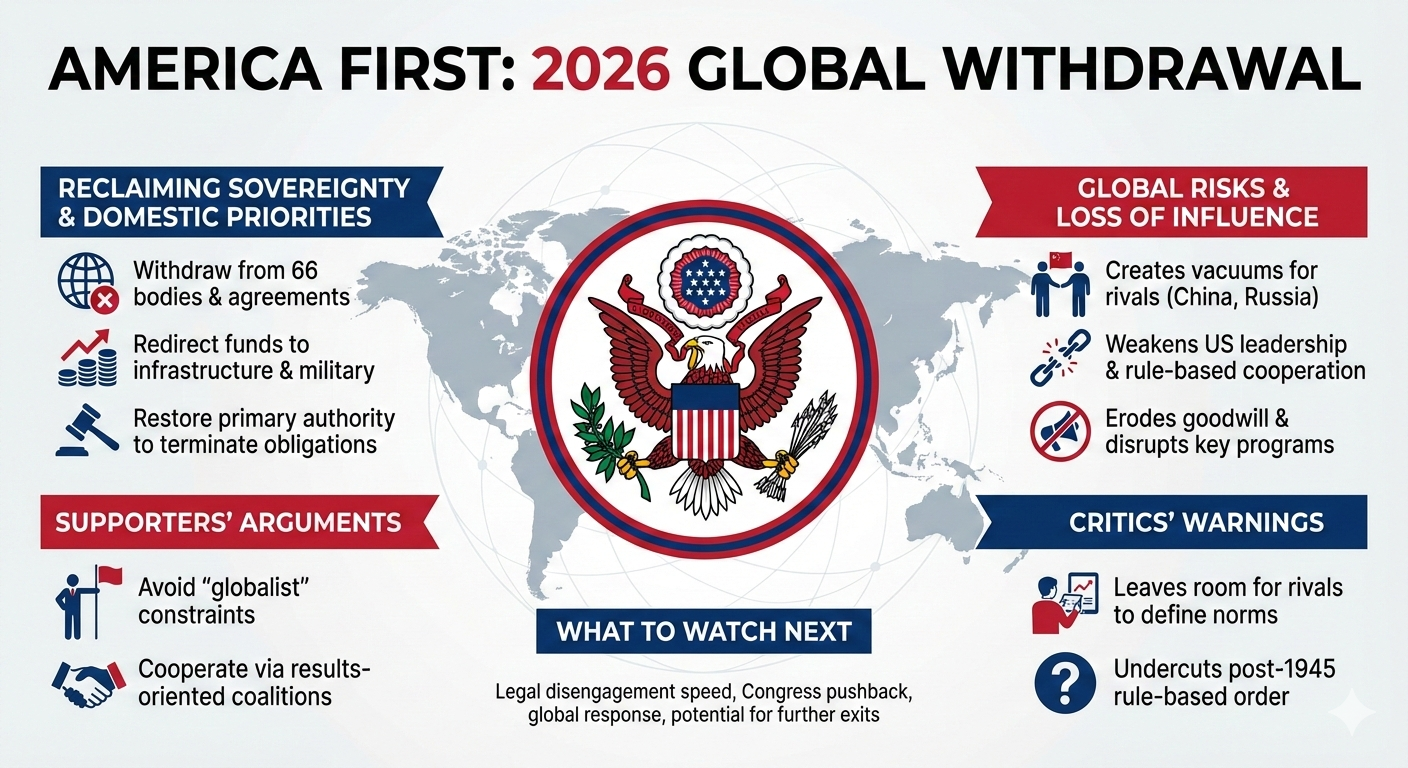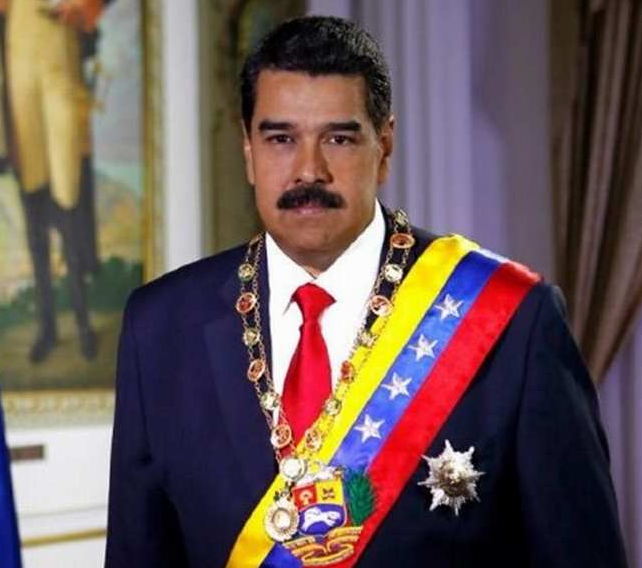Aspiring politicians from Central Kenya are crying foul after it emerged that former Deputy President Rigathi Gachagua is demanding Ksh 50,000 for a photo op at his popular Wamunyoro residence.
Once viewed as the gateway to Central Kenya’s political powerhouse, Gachagua’s compound has morphed into a toll gate, where access is granted only to those who pay.
Sources reveal that desperate young leaders are lining up, cash in hand, hoping that a photo with the impeached former DP will boost their political dreams. But critics argue Gachagua has monetized tribal influence and turned public desperation into personal gain.

Gachagua Photo Ops Spark Outrage as Leaders Accuse Him of Extortion
Former Deputy President Rigathi Gachagua’s Wamunyoro residence in Nyeri has become more than a political meeting point—it is now a lucrative business venture. With the 2027 elections approaching, young politicians from Central Kenya and beyond are flocking to Wamunyoro, hoping to tap into Gachagua’s remaining clout. But there’s a catch: anyone seeking a simple photo op must first part with Ksh 50,000.
Multiple insiders confirm that Gachagua’s team requires the money upfront. No receipt, no explanation—just cash. Once payment is made, hopefuls are granted access, posed with Gachagua, and later handed the prized photo to parade on social media or campaign posters.
This revelation has left political observers and party insiders stunned. Many now question the integrity of Gachagua’s dealings, especially considering that the former DP is no longer eligible to run for office due to impeachment and ongoing integrity concerns. With his political future in limbo, it appears Gachagua has found a new way to stay relevant—by selling influence to the highest bidder.
New Political Party or Pay-to-Play Scheme?
Recently, Gachagua launched a new political outfit, the Democracy for Citizens Party (DCP), promising to revamp grassroots leadership and restore community voices. But insiders say the DCP is just another channel for monetization.
Members are reportedly required to pay fees to join and maintain their status in the party. Those interested in being considered for nominations or campaign support are expected to keep the cash flowing—membership fees, event contributions, and now, even photo ops.
Political analysts warn that the DCP could become a political pyramid scheme, preying on the ambitions of youthful leaders eager to enter public service. With no clear ideology, strategy, or leadership structure, the party seems more focused on fundraising than governance. One critic put it bluntly: “This isn’t a political party. It’s a political extortion racket.”

Aspiring Politicians Flock to Gachagua Photo Ops in Desperate Bid for 2027 Spotlight
The allure of Gachagua’s political brand still holds weight in parts of Central Kenya, especially among youth who grew up idolizing his fiery tribal rhetoric and defiance against state powers. But as dreams collide with reality, many now realize the cost of proximity to power is higher than expected.
Aspiring MCAs and MPs are reportedly taking loans, liquidating assets, or collecting community donations just to afford a photo with the man who once occupied the second highest office in the land. Social media is already flooded with smiling, posed images of candidates flanking Gachagua—images that, behind the scenes, cost tens of thousands of shillings.
One aspiring leader from Murang’a shared anonymously: “We’re told, ‘If you want to be seen as serious, you must be seen with Riggy G.’ So, we pay. We smile. We post. But in truth, we’re being used.”
What’s the End Game for Gachagua?
Rigathi Gachagua may no longer be a candidate, but he still holds sway—at least for now. His Wamunyoro base continues to attract heavy political traffic, including meetings with opposition figures like Kalonzo Musyoka, Martha Karua, and Eugene Wamalwa.
These high-level consultations are seen by some as attempts to rebrand and reposition himself as a kingmaker. But the money trail tells a different story.
Critics argue that Gachagua’s real interest lies not in rebuilding Central Kenya’s leadership but in rebuilding his personal fortune. If a photo costs Ksh 50,000 today, how much will a DCP nomination cost tomorrow?
With many still recovering from the economic aftershocks of the pandemic and inflation, such blatant monetization of political ambition feels cruel and exploitative. As the 2027 elections approach, the public must ask: Is Gachagua selling hope—or selling out?

